Emergency workers have used restorative justice (RJ) to show offenders how being attacked in the line of duty effects them, their loved ones and their colleagues.
Of the 95 cases referred to Restorative Cleveland during year ending September 2023, 28 involved emergency service workers.
Now, during Restorative Justice Week, community safety leaders are calling for more paramedics, police and fire fighters to tell offenders about the impact of their crimes.
Cleveland Police and Crime Commissioner Steve Turner said: “I support the force’s zero tolerance approach to assault on any emergency workers – it’s simply not acceptable.
“Many victims wish to engage with the person who caused them harm, in order to find closure and move on – and emergency workers are no different.
“Restorative Justice also shows offenders that staff are not simply part of a big organisation, but that there is a person behind the uniform – with their own needs and vulnerabilities.
“By humanising emergency service workers, offenders can relate to them on a more more personal basis.
“In turn, this helps them to feel empathy for the individual– and the challenges, which they face daily in their jobs.”
One victim supported by Restorative Cleveland was a Cleveland Police officer, who tried to help a woman in the early hours of a Sunday morning in Middlesbrough.
Only trying to help…..

After trying to help, the officer was verbally abused and attacked. Her attacker was later charged with being drunk and disorderly and assaulting an emergency worker.
As part of RJ, the attacker wrote to the officer to apologise for her actions. That letter is now being used as part of violence reduction training.
The offender said: “Writing a letter to the victim enabled me think about what I did to her when she was only trying to help me.
“It allowed me time to think about what I wanted to say and communicate my shame, embarrassment and emotions.”
The victim said: “I think the perpetrator has shown a great sense of character, in the sense of facing and owning the mistake she had made.
“I also appreciate the fact she sat and listened to how she has impacted others – and I know that won’t have been easy to hear.
“I also think the fact she has wanted to take steps to better her situation speaks volumes.”
Referrals for emergency workers in the 12 months to September 2023 included cases of assault, assault on emergency workers and drunken and disorderly conduct.
Of the 28 blue light referrals, offenders undertook RJ successfully in 25 of the cases. Interventions included talking directly to victims – or writing them letters.
Person behind the Uniform
Chief Inspector John Dodsworth, Restorative Justice lead for Cleveland Police, said: “Emergency workers are human like everybody else, we must not forget there is a person behind the uniform; a mother, a father, a brother, a sister, a son, a daughter.
“The impact of crime placed upon an individual and their family is often not heard when blue light staff are assaulted in the line of duty; it should not be an accepted part of the job and zero tolerance is wholly supported.
“Restorative justice gives a victim of crime an opportunity to ask many of the previously unanswered questions following or during the criminal justice process.
“I am satisfied with the positive impact that the restorative justice team is making with emergency workers and members of the public.
“True rehabilitation is rooted in offenders taking responsibility for their actions and understanding the victim’s perspective and this must include emergency workers.”
Restorative Cleveland is commissioned by the Office of the Police and Crime Commissioner for Cleveland in partnership with Probation Service North-East commissions. It is delivered by charity Safer Communities.
Restorative Cleveland can provide interventions across a wide range of offences. To find out more go to: https://restorativecleveland.co.uk/ or call 03302 234312
